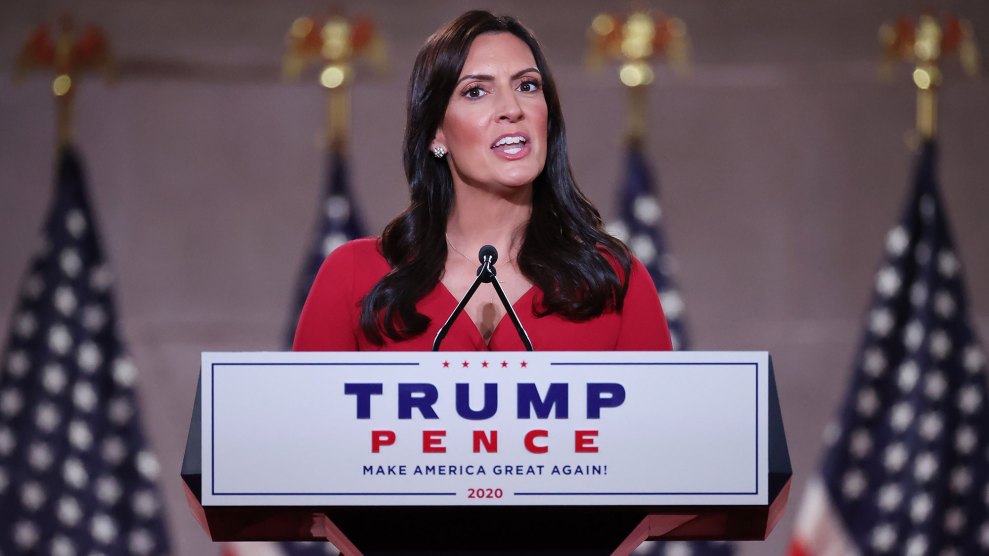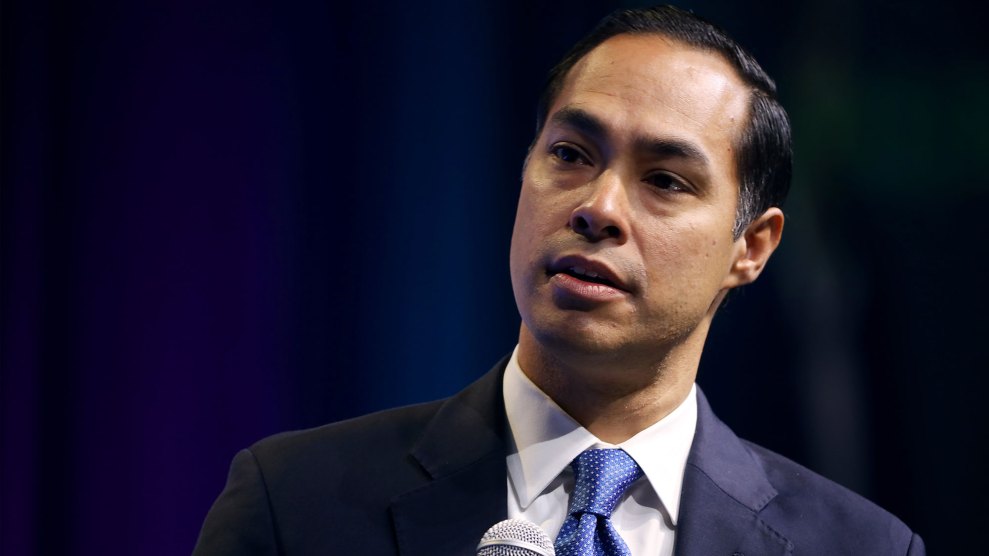
Florida Lt. Gov. Jeanette Nunez stands on stage in an empty Mellon Auditorium while addressing the Republican National Convention on August 25, 2020 in Washington, DCChip Somodevilla/Getty Images
When Jeanette Nuñez took the stage Tuesday night, the 48-year-old Florida lieutenant governor did so as the co-chair of Latinos For Trump.
And as a Floridian, Nuñez knows how to speak to her state’s Latino Trump supporters, especially Cubans. Cuban-Americans tend to vote more Republican than other groups of Latinos; in the 2016 election, roughly half of Florida’s Cuban voters supported Trump.
She shared a familiar story among Cuban Americans. She spoke of her parents’ lives in Cuba in 1958 when their “dreams of a prosperous life became a nightmare.” She evoked anti-Communist fears of Castro’s Cuba, urging US viewers to reject “the socialist takeover of our nation.”
“We can go down a dark road of chaos and government control,” Nuñez said. “Or we can choose the path of freedom and opportunity that was paved by those who sacrificed everything to preserve the American Dream for future generations…Let us join our President in his vow that America will never be a socialist country!”
At a time when the Trump administration has virtually closed every door to people seeking asylum in this country, limited employment visas, and increased fees and requirements for immigrants applying for legal status, Nuñez says her story is “the story of a nation that has opened doors, lifted its people and yielded success in a way only the United States of America can.”
Like any one person, Nuñez does not represent all Latinos. We are not a monolith. I’ve written about this before and it’s important context everyone should remember before making broad statements about “the Latino Vote”:
A record 32 million people who identify as Hispanic will be eligible to vote in the next elections, according the Pew Research Center. That’s about 13 percent of the electorate, making it the largest non-white voting group in the United States, just slightly surpassing the number of eligible Black voters. That’s 32 million people who care about the economy just as much as any other group in this country, who care about income inequality, access to health care and good public schools, climate change, and gun control. And of course we care about immigration, too, but there are about 60 million of us living in the United States, and it’s clear by now that there’s no one hegemonic Latinx community: We have different religious beliefs, socioeconomic status, political party affiliations, and ties to different countries across Latin America. Still, when the umbrella terms “Hispanic” or “Latino/Latina/Latinx” are missing from the conversation on the debate stage, we notice.
Some Latinx voters support Trump, some don’t. Nuñez has been both. In March 2016, while supporting Sen. Marco Rubio (R-Fla.) against Trump in that year’s republican presidential primary she tweeted, “Wake up Florida voters, Trump is the biggest con-man there is.”
















